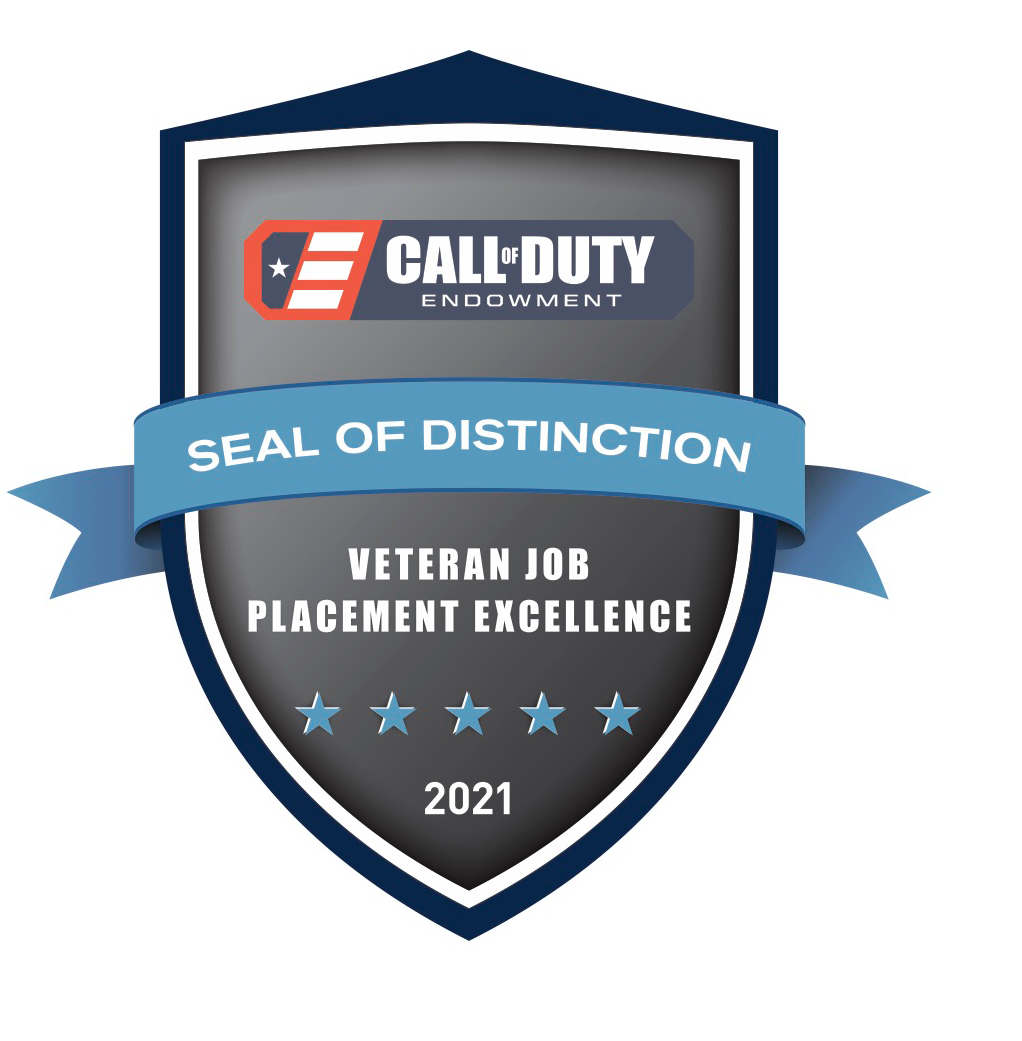What business leaders could do for veterans in the uncertain economy
As the economy recovers from the coronavirus downturn, one group of Americans facing an uncertain labor market deserves a particular focus, and that is all our service members who will be leaving the military in the near future. Nearly 200,000 members of our armed forces are expected to separate from the military in the next 12 months. Some will retire after years of service to their country, and some will retire due to injuries, but a vast majority will transition and attempt to join the private sector.
This group will undoubtedly have a challenging time entering the labor market despite significant talent and experience. When our nation starts to go back to normal and hiring accelerates with the economy, there will likely be a progression of who gets hired and when. The first to be hired in the recovery will in many cases be those previously laid off or furloughed by these employers. These people likely have good work histories, have been trained, and are already known by their previous employers.
The next group to be hired are likely those with direct skills. A corporate sales person who was working with the hospitality industry, for instance, may be able to secure a corporate sales job at a technology company or another business not as badly affected by the pandemic. The next group to be hired are likely those seeking entry level positions. Recent college graduates fall into this category. They are generally less expensive, and most employers are able to swiftly recruit, hire, and train them.
It is against this backdrop that our veterans face employment challenges, particularly those who enlisted and do not possess a college degree. For those service members with important but less understood experience, such as those who served with an infantry, their ability to translate these skills into those necessary for the private sector is a challenge in normal times and even more difficult in times of crisis. Enlisted service members make up more than 80 percent of our active duty military. A vast majority of them do not have college degrees at the time of enlistment.
In a study completed during the strong economy last year, 42 percent of veterans entering the labor market reported being out of work for more than 90 days. This statistic is certain to be greater today. The challenges they faced included competing with candidates who were in the private sector much longer, lacking education or certification requirements, and explaining how their military skills translate to professional jobs.
Another complication is that many executives in the private sector have limited military experience. Veteran representation among top executives decreased from 60 percent in 1984 to 6 percent in 2014, according to the research study by the Center for a New American Security. Moreover, the Chamber of Commerce has reported that while a vast majority of human resources professionals do view our military favorably, 80 percent of their companies did not have the specialized training systems to assist civilian managers and employees with relating to their veteran cohorts.
Private sector leaders have to acknowledge such employment challenges faced by our service members and determine if they desire to support the hiring of veterans by their own organizations. They could also emphasize military hiring as they start to add to their employment rolls. Senior hiring professionals might reconsider education requirements in the process. A college degree is often required for simply an interview. But the technical experience of eight years on a nuclear submarine or the leadership skills developed over six years with the infantry in Afghanistan could equate to the knowledge obtained by studying for four years on campus.
Our corporate leaders can lead the charge. They can understand these challenges and develop plans to address them. Fewer than 1 percent of Americans wear the uniform of our military to protect the core freedoms of this country. Our corporate leaders must reflect on the unemployment crisis and use the coming months to put plans into action to support our troops and their families who have sacrificed so much for us.
Sidney Goodfriend, who is a retired investment banker, is the founder and chairman of the veteran mentoring program American Corporate Partners.











